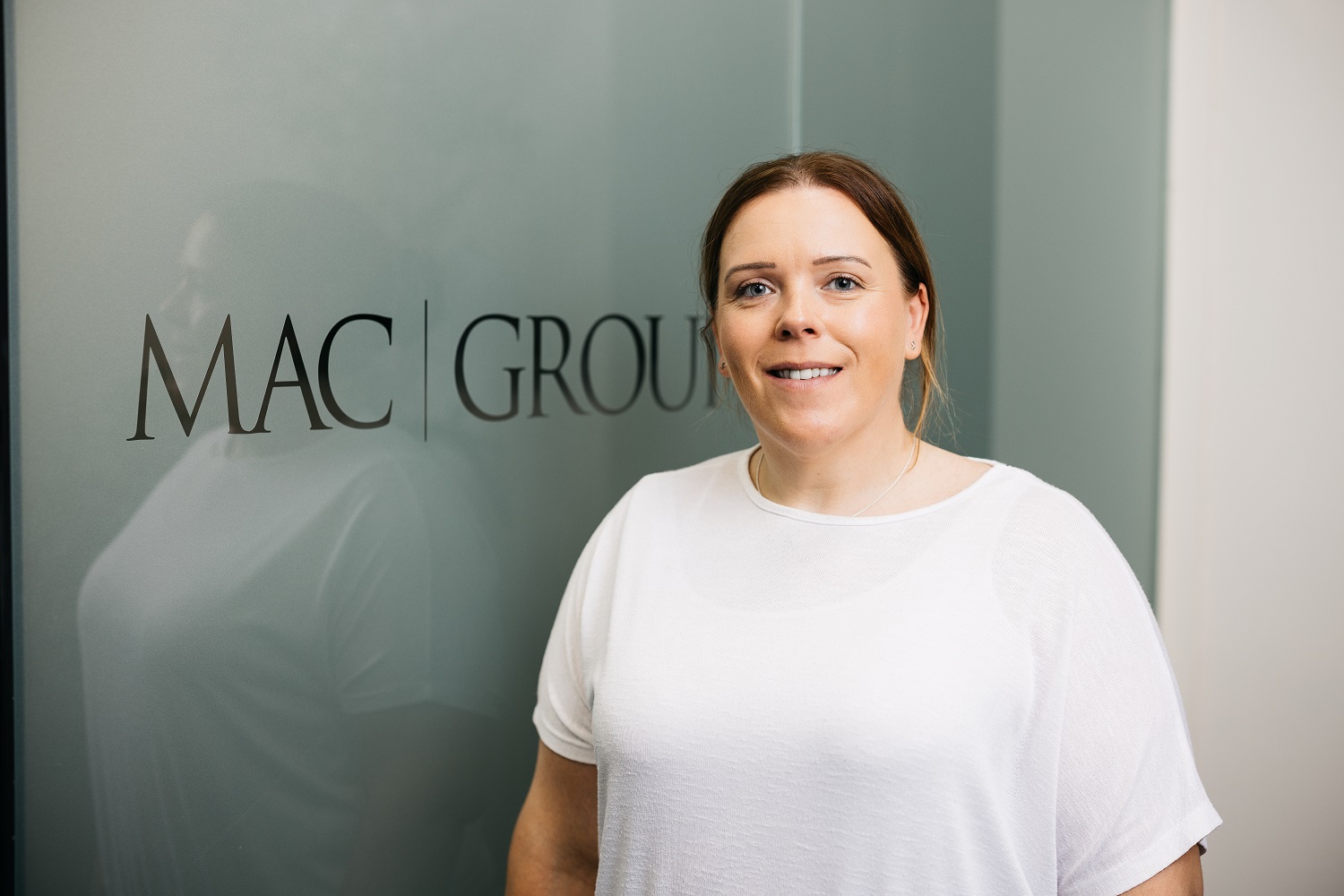Why does paying into your company pension matter?
As a financial adviser, I often hear this question from clients. It’s a good one — and if you are fortunate enough that your employer offers a pension, there are many compelling reasons to consider saving into your Group Personal Pension (GPP).
First of all, let’s talk about the immediate benefits….
When you contribute to your GPP, you’re effectively giving yourself a pay rise. How? Depending on your employer, it could be that your contributions are made from your gross salary before tax is deducted. This could mean that you’re paying less income tax overall.
But it gets better. Many employers offer to match your contributions up to a certain percentage. This is essentially free money. If you’re not taking full advantage of this, you’re leaving money on the table.
There’s also the long-term view to consider. Pensions are designed for long-term growth, and the power of compound interest over decades can be substantial. The earlier you start and the more you contribute, the greater the potential for your pension pot to grow.
Let’s not forget about the annual allowance. Each tax year, you can contribute up to £50,000 or 100% of your earnings* (whichever is lower) to your pension while still receiving tax relief. This is a significant opportunity for tax-efficient saving.
Of course, everyone’s financial situation is unique. The amount you should save into your GPP depends on various factors, including your income, and retirement goals. It’s always wise to review your pension strategy regularly with your financial adviser to ensure it aligns with your overall financial plan.
To help guide that conversation, here are some useful questions that you might want to ask your Financial Adviser:
- How much should I be contributing to my GPP based on my current income and retirement goals?
- Am I taking full advantage of the employer contribution match?
- How does pension tax relief work for me personally?
- What happens to my pension if I change jobs or stop contributing?
- How is my pension invested, and can I change the investment strategy?
- Am I on track to meet my retirement goals?
- Are there other savings or investment options I should consider alongside my GPP?
- Could I benefit from consolidating other pensions into my GPP?
- What happens if I exceed my pension allowance?
Remember, while GPPs offer many advantages, they should form part of a diversified retirement strategy. Other savings and investment vehicles may also play an important role in securing your financial future.
Questions?
If you have any questions about the topics raised in this article, please speak to your Independent Financial Adviser
*also known as the ‘annual allowance‘





